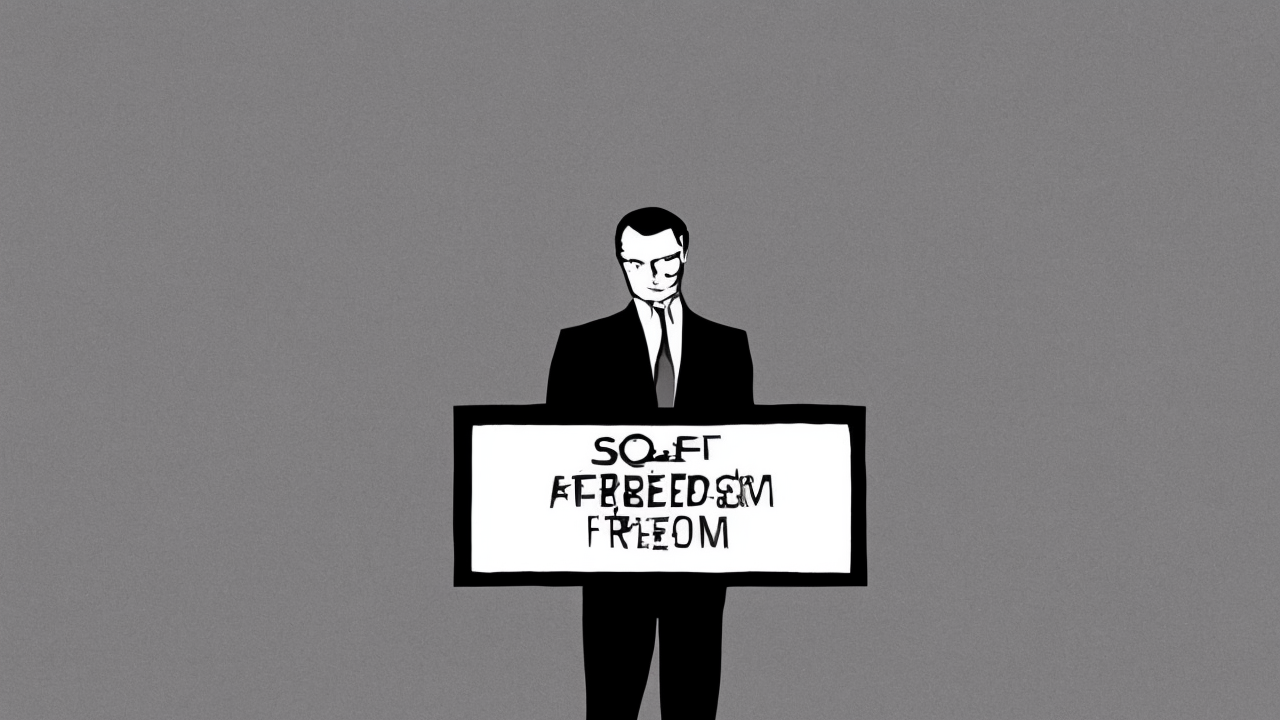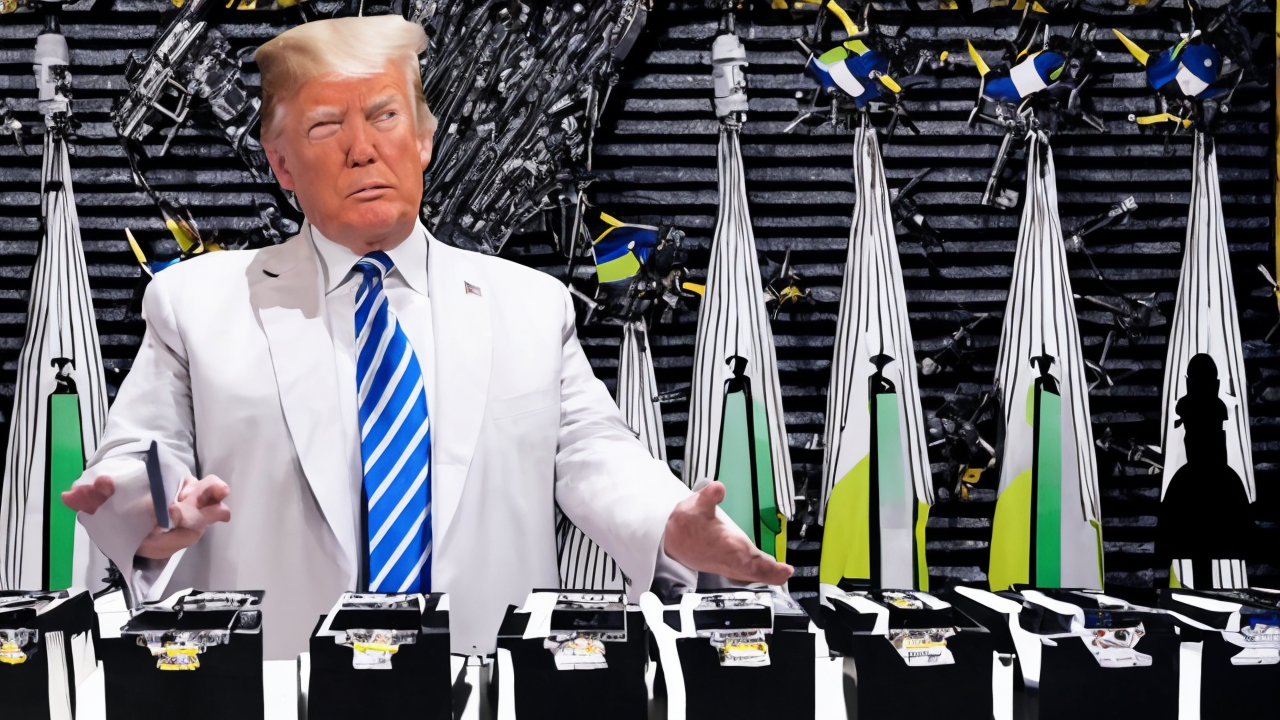The Truth Behind Affordability: Why Government Intervention Fails

Affordability is not a political slogan, nor is it a promise to be delivered by expanding government power. It is a practical reality rooted in supply, demand, and the free exchange of goods and services. Yet too often, well-intentioned policies have done more harm than good. When governments step in to “fix” prices, they often distort the very systems that keep costs manageable. The result? Higher prices, fewer choices, and a growing sense of economic frustration among families who simply want to live with dignity and stability.
Consider the contrast between heavily regulated sectors and those left to market forces. Over the past twenty years, healthcare, higher education, and housing have seen prices rise dramatically—often outpacing inflation and wages. At the same time, industries like technology, retail, and automotive have delivered better products at lower prices, thanks to innovation, competition, and limited government interference. This is not coincidence. It is the natural outcome of allowing producers and consumers to interact without artificial barriers.
When governments impose price controls, mandate union contracts, or restrict entry through licensing, they do not lower prices. They reduce supply. For example, strict medical licensing requirements limit the number of doctors, especially in rural and underserved areas. Zoning laws and permit delays make it harder to build new homes, driving up rents and prices. These policies are often sold as protections for quality or safety, but in practice, they create scarcity. And scarcity drives up costs—especially for those who need help the most.
Even immigration policy plays a role. Restricting skilled workers through visa caps may seem like a way to protect domestic jobs, but it does the opposite. By limiting the supply of labor in high-demand fields, companies face higher wages and reduced productivity. This forces many to automate processes or move operations overseas. In the long run, this harms workers by slowing job growth and innovation. A more open and responsible immigration system would bring in talent that strengthens our economy, lowers prices, and supports sustainable growth.
The real solution lies not in more government programs, but in less interference. We must trust the wisdom of markets, where competition drives down prices and rewards efficiency. We must also uphold personal responsibility—both for individuals who seek better lives and for institutions that serve the public good. When people are free to innovate, invest, and work, they create value, not dependency.
Politicians often promise to solve affordability through expanded power, but they rarely deliver. Instead, they build systems that require more oversight, more bureaucracy, and more taxpayer dollars. These systems may feel comforting in the moment, but they erode long-term resilience. They replace accountability with entitlement, and innovation with regulation.
True affordability comes not from political promises, but from a culture that values hard work, private initiative, and free markets. It comes from allowing people to keep more of what they earn, invest in their futures, and make choices that reflect their values. It comes from trusting families to decide how to spend their money, not from bureaucrats dictating what is affordable.
We need leaders who understand that government’s role is not to control prices, but to protect property rights, enforce contracts, and ensure fair competition. We need policies that open doors—not close them. A society that values freedom, responsibility, and the dignity of labor will always be more resilient, more innovative, and more affordable than one built on control and fear.
The path forward is clear: reduce regulations, eliminate wasteful subsidies, welcome skilled immigrants, and restore faith in the marketplace. When we do, affordability will follow—not as a political victory, but as a natural result of a free and responsible economy. Our nation’s future depends on it.
Published: 11/14/2025








